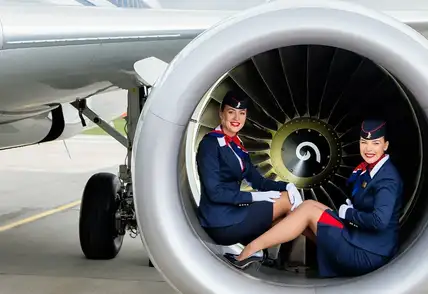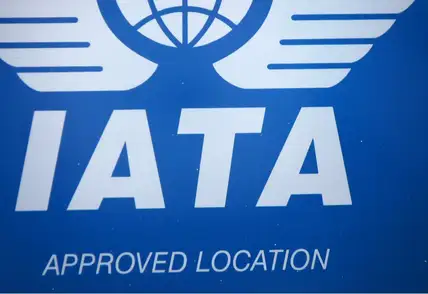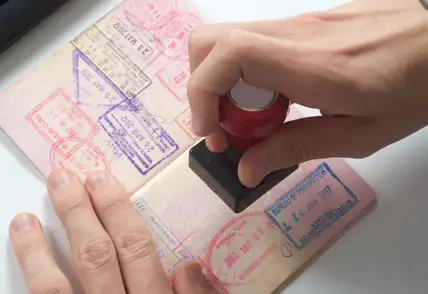ICAO
The International Civil Aviation Organization (ICAO) is a specialized agency of the United Nations that sets global standards and regulations for civil aviation. It was created in 1944 by the Chicago Convention to promote the safe and orderly development of civil aviation worldwide.
ICAO develops and maintains international standards and recommended practices (SARPs) that ensure consistency in global aviation operations. These standards cover various aspects, including aircraft design, air navigation, airport operations, and air traffic management systems.
ICAO has introduced an initiative to reduce aviation’s environmental impact — the Carbon Offsetting and Reduction Scheme for International Aviation (CORSIA). CORSIA requires airlines to offset their emissions growth through various measures, including the use of sustainable aviation fuels.
Since aviation intersects with a wide range of global issues and sectors, ICAO works in close cooperation with other United Nations (UN) organizations, such as the World Meteorological Organization (WMO), the International Telecommunication Union (ITU), the Universal Postal Union, the World Health Organization (WHO), and the International Maritime Organization (IMO).








